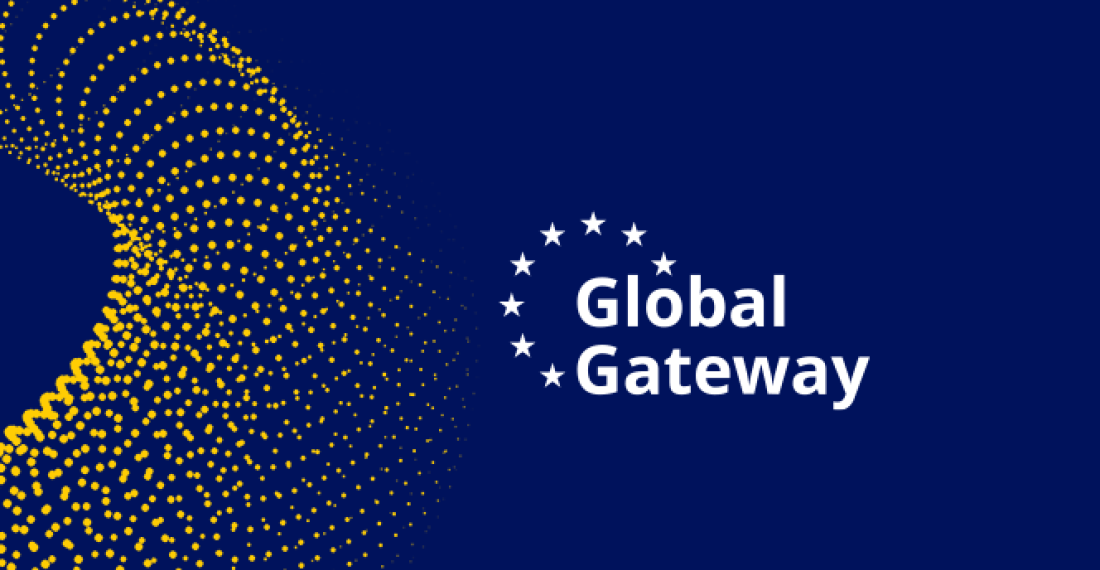The European Commission and the European Investment Bank (EIB) have announced a funding package worth €18bn to boost investments in climate action and sustainable economies, the European External Action Service (EEAS) reports.
In a press release, EEAS say that, "this will boost investment in Global Gateway's priority areas – climate action, clean energy and connectivity – in Europe's partner countries around the world. In particular, these projects will aim to help bridge the global climate finance gap and support prevention, adaptation and mitigation."
Speaking from the Global Citizen NOW summit in New York City, the President of the European Commission Ursula von der Leyen said, "Europe is already the top provider of climate finance globally and of official development assistance. But more is needed to bridge the climate finance gap - and everyone needs to chip in. This is where our investment strategy Global Gateway comes into play.
"Global Gateway invests in the projects our partners need - from natural risks prevention to clean transport and energy infrastructure. And this €18 billion in financing will get even more such projects off the ground, swiftly. Global Gateway will help advance the climate transition around the world, improving people's lives and making our partners more resilient."
The EIB President Werner Hoyer said: "Thanks to our solid partnership with the European Commission, EIB Global has already mobilised investments amounting to €31 billion under Global Gateway. This new financing package unlocks more EU support for projects that will make a real difference in partner countries and in some of the areas of the world most in need of transformation. We believe that the Global Gateway initiative will greatly contribute to the achievement of the Sustainable Development Goals, to which we remain fully committed and strongly aligned with partners worldwide."
What is Global Gateway?
The European Union's Global Gateway initiative was launched in 2020, and is a European strategy to boost smart, clean and secure links in digital, energy and transport sectors and to strengthen health, education and research systems across the world.
It has so far secured as much as €300bn in investments until 2027, and is driven by six principles, according to the EU. These are democratic values and high standards, good governance and transparency, equal partnerships, environmental protection, security, and private sector investment.







